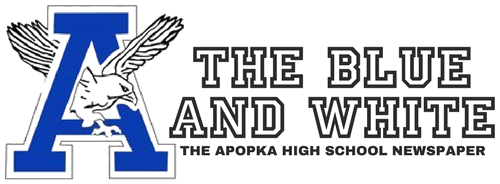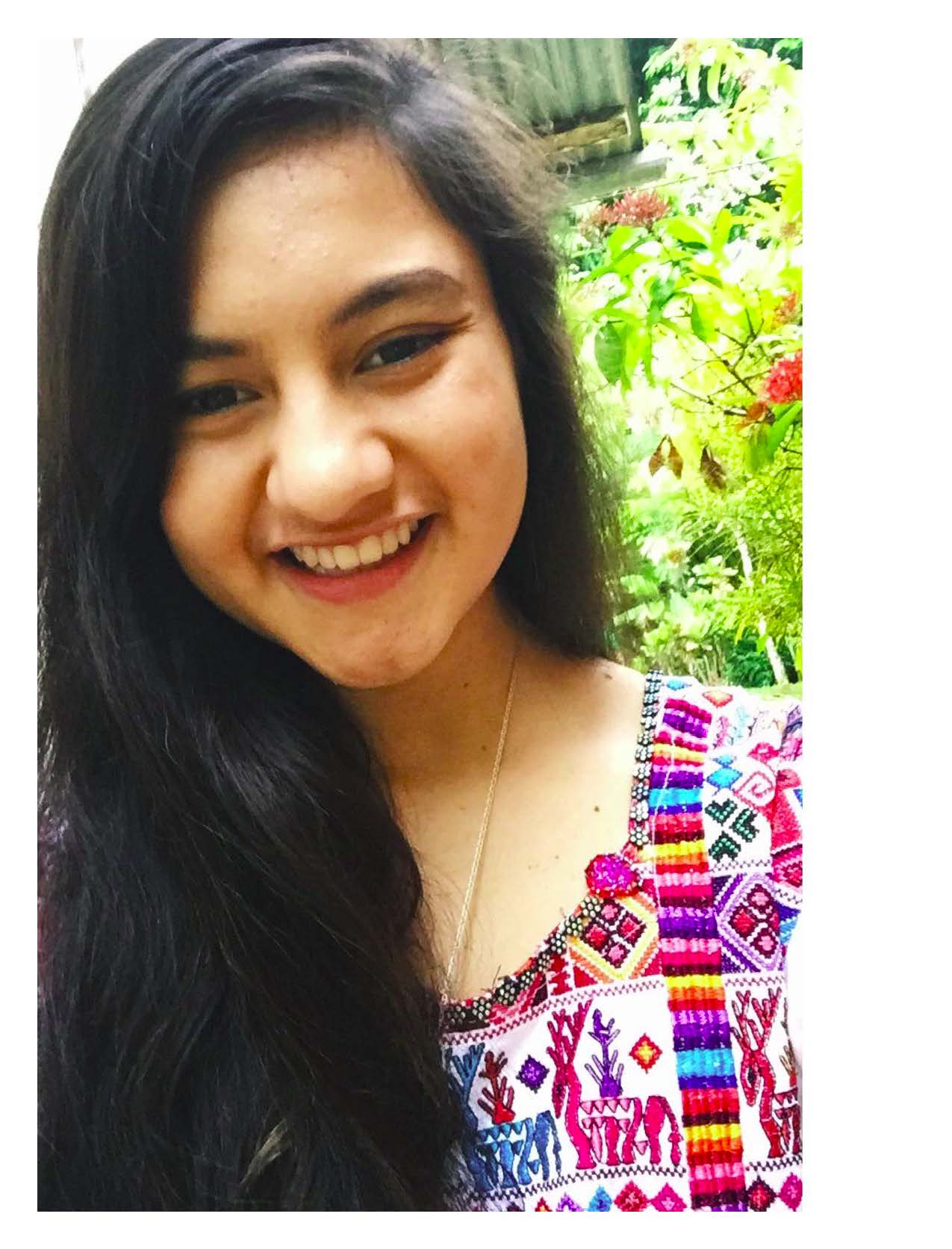Phoebe Shea Perez is a senior here at Apopka High School, and while she has not decided on a college yet her overall intelligence and motivational personality will definitely be a quality that any college would love to have on their campus. Phoebe has a great want to see the world, and hope to go to college out of state. Not only that but her curiosity about the world is fueled by her activism, and her want to help people less fortunate.
What clubs are you involved in around the school?
I am the French Honor Society President, I am Vice-president of Feminism Club, I’m in Foreign Language Club, I also do National Honor Society, National Social Studies Honor Society, English Honor Society, and I think that’s it.
Are you still apart of the Debate Team?
I kind of am, I take the class. But I do not really compete anymore.
What made you want to become the Vice-President of the Feminism Club?
We started it last year, and it felt like helping out the members who are now leading the club. But I have been involved with gender issues for a really long time, and I felt like it was really important for me to be there. Especially because I come from a different country, Guatemala. I feel like a lot of times when we talk about feminism in the United States it’s very closed off, “What’s happening to women in the U.S.,” when there are much worse things happening to women in other parts of the world. So I think that it’s very important that we do fight for sexual harassment in the movie industry. There are other very extreme things like some girls do not have access to education. Things we take for granted here are not the same in other countries so I kind of wanted to offer that perspective.
What is something that is very important to you?
Being Guatemalan has definitely been one of the most influential things in my life. My mom is indigenous, so I grew up in a small indigenous community, speaking an indigenous language, and that has definitely shaped who I am now. Even though I am not there now, just knowing that I come from a group of people that are marginalized in Guatemalan society, and even here I connect a lot with Native Americans struggles because it is a lot of that same situation. So it has really shaped who I am, and a lot of times I still wear my traditional dresses and I still speak my language whenever I get too. It has not only shaped me as a person, but also the things I advocate for.
How old were you when you came to the United States?
I was fourteen.
Was it a hard adjustment, or did you feel that it was natural?
In a sense, it felt natural. Just because I found a lot of support with the ESOL program and the teachers, Mrs. Venezuela, and a lot of the students I had in my classes spoke Spanish so I had them there to help me understand what was going on in class. So it felt natural in the way, but I also come from a very small village. There’s like 1,500 people, then I come to like a 3,000 student high school. So it was hard because I had to start speaking English in an everyday context, but it didn’t feel like it wasn’t meant to happen. It felt like I had to make that change.
What is something that you are looking forward to in the future?
I think a lot of what I want to do has to deal with going back to Guatemala and helping people there. My parents started middles schools in rural areas, and that’s something I want to keep doing. It’s something that I wish I could do now, but I know that if I prepare myself better I can help my own country be better. That’s something I have always wanted to do, focus on education and making it accessible to indigenous people, and people living in rural areas in Guatemala. But I also am very passionate about traveling and studying languages. I hope to get away to incorporate honoring my own country by helping them, while also exploring new things.
What is a subject at school that is your favorite?
History. I just love history classes in general or foreign language classes.
Why history?
I feel like it provides the background needed to understand what is going on now. As I continued on with the classes and l learned more it, made me more humble. When you realize who you are in the context of human history it makes you a better person in itself, and it helps you to be wiser. I know Guatemalan history and I know my own history, but a lot of times when I was in World History I could identify with a lot of the things of other people. It is kind of like discovering yourself and discovering your own history out of others. Which is really cool because there is so much racism and discrimination going on today, but if you study history and you realize how alike you are, not racially or ethnically, but by the things we’ve experienced, it’s just really cool. It makes you a better person.

